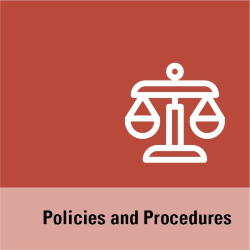Federal Law and Regulations
The Individuals with Disabilities Education Act (IDEA) is a law that makes available a free appropriate public education to eligible children with disabilities throughout the nation and ensures special education and related services to those children.
The IDEA governs how states and public agencies provide early intervention, special education, and related services to more than 7.5 million (as of school year 2020-21) eligible infants, toddlers, children, and youth with disabilities.
Infants and toddlers, birth through age 2, with disabilities and their families receive early intervention services under IDEA Part C. Children and youth ages 3 through 21 receive special education and related services under IDEA Part B.
Additionally, the IDEA authorizes:
- Formula grants to states to support special education and related services and early intervention services.
- Discretionary grants to state educational agencies, institutions of higher education, and other nonprofit organizations to support research, demonstrations, technical assistance and dissemination, technology development, personnel preparation and development, and parent-training and -information centers.
Congress reauthorized the IDEA in 2004 and most recently amended the IDEA through Public Law 114-95, the Every Student Succeeds Act, in December 2015.
In the law, Congress states:
Disability is a natural part of the human experience and in no way diminishes the right of individuals to participate in or contribute to society. Improving educational results for children with disabilities is an essential element of our national policy of ensuring equality of opportunity, full participation, independent living, and economic self-sufficiency for individuals with disabilities.
